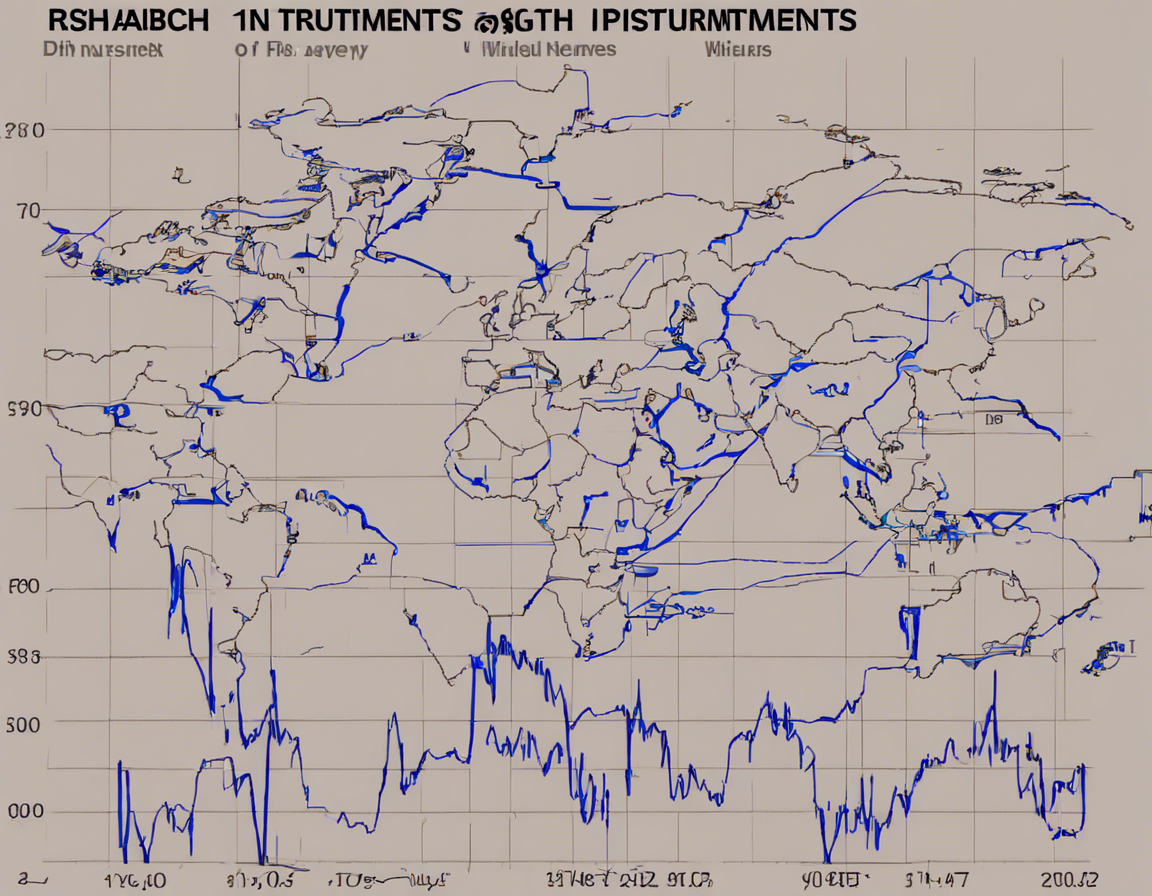Investing in the stock market can be an exciting venture. However, it comes with its fair share of risks and uncertainties. Knowing how to analyze share price trends is crucial for making well-informed investment decisions. In this article, we will delve into the Rishabh Instruments share price trends and explore various factors that can influence these trends.
Understanding Rishabh Instruments
Rishabh Instruments is a company that specializes in manufacturing and supplying a wide range of electrical and electronic measurement instruments. Founded in 1985, the company has built a strong reputation for quality products and reliable services. Its share price is influenced by various internal and external factors.
Factors Influencing Rishabh Instruments Share Price Trends
Several factors can impact the share price trends of Rishabh Instruments. Let’s discuss some of the key factors:
1. Financial Performance
- Revenue: The company’s revenue growth is a crucial indicator of its financial health.
- Profitability: Investors closely monitor the company’s profitability ratios such as profit margins and return on equity.
- Debt Levels: High levels of debt can strain the company’s finances and impact its share price.
2. Market Conditions
- Industry Trends: The performance of the electrical and electronics industry can influence Rishabh Instruments’ share price.
- Competition: Competitive pressures can impact the company’s market share and profitability.
3. Macroeconomic Factors
- Interest Rates: Changes in interest rates can affect the cost of capital and borrowing for the company.
- Inflation: High inflation can erode purchasing power and impact consumer demand for the company’s products.
4. Regulatory Environment
- Government Policies: Changes in regulations related to the electrical equipment industry can impact the company’s operations and profitability.
5. Market Sentiment
- Investor Sentiment: Market perception and investor sentiment towards the company can impact its share price.
- Analyst Recommendations: Analyst reports and recommendations can influence investor decisions.
Analyzing Rishabh Instruments Share Price Trends
To analyze share price trends of Rishabh Instruments, investors can use various tools and techniques:
1. Technical Analysis
- Moving Averages: Analyzing moving averages can help identify trends and potential reversal points.
- Relative Strength Index (RSI): RSI can indicate overbought or oversold conditions in the stock price.
2. Fundamental Analysis
- Earnings Reports: Monitoring quarterly earnings reports and comparing them with market expectations.
- Valuation Ratios: Evaluating price-to-earnings (P/E) ratio, price-to-sales ratio, and other valuation metrics.
3. Market News and Updates
- Stay Informed: Keeping track of company announcements, industry news, and macroeconomic developments.
Frequently Asked Questions (FAQs) about Rishabh Instruments Share Price Trends
1. How often should I check Rishabh Instruments’ share price?
- It’s advisable to monitor the share price on a regular basis, especially if you are considering investing in the company.
2. What are some red flags to watch out for in Rishabh Instruments’ share price trends?
- Significant drops in share price, negative news about the company’s financials, and declining market share could be red flags.
3. How can I predict future share price trends of Rishabh Instruments?
- While it’s impossible to predict with certainty, conducting thorough analysis using both technical and fundamental tools can provide insights.
4. Should I rely solely on share price trends for investment decisions?
- Share price trends are one of many factors to consider. It’s important to assess the company’s fundamentals, industry conditions, and market sentiment.
5. Is it advisable to seek professional advice when analyzing Rishabh Instruments’ share price trends?
- Seeking advice from financial advisors or experts can provide valuable insights and help make informed investment decisions.
By understanding and analyzing Rishabh Instruments share price trends through a combination of fundamental and technical analysis, investors can make informed decisions and navigate the complexities of the stock market effectively. Remember, diversification and risk management are key elements in building a successful investment portfolio.
